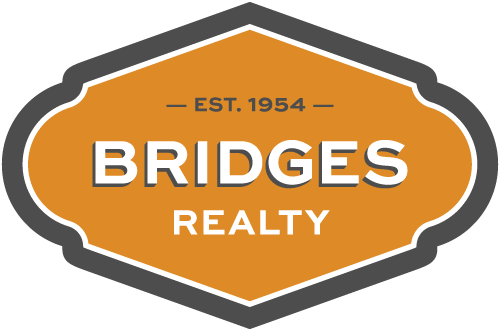Mortgage insurance benefits the lender if a borrower with less than a 20% down payment defaults on their loan. Most conventional mortgages greater than 80%, and all FHA loans require the borrower to have this coverage.
Private mortgage insurance on conventional loans can range from 0.5% to 2.25% based on the loan-to-value and the borrower's creditworthiness. This means a $350,000 mortgage would have a monthly insurance premium between $146 to $600 or more.
You may request that your mortgage servicer cancel the PMI when the principal balance reaches 80% of the original value at the time the loan was made. You should have received a PMI disclosure form when you signed the mortgage documents stating the date. If you have made additional principal contributions, it will accelerate the date.
Other criteria considered to cancel the PMI on your loan is:
The request must be in writing.
You must be current on your payments with a good payment history.
The lender may ask that you certify there are no junior liens in effect.
If the lender is concerned that the value has declined, an appraisal may be required.
Conventional loans are supposed to remove the mortgage insurance when the unpaid balance is 78% of the original purchase price.
Another possibility is that the lender/servicer must end the PMI the month after reaching the midpoint of your loan's amortization schedule. For a 30-year loan, it would be after you paid the 180th payment. The borrower must be current on the payments for the termination to occur.
With the rapid appreciation that many homes have enjoyed in recent years, homeowners may be able to refinance their homes. If the new mortgage amount is less than 80% of the current appraised value, no mortgage insurance would be required.
The owner would incur the cost of refinancing but eliminate the cost of the mortgage insurance. To calculate the savings, subtract the new principal and interest payment from the old principal and PMI interest. Then, divide the savings into the cost of refinancing to determine the number of months necessary to recapture the cost.
FHA loans have two types of mortgage insurance premium: up-front and monthly. For loans with FHA case numbers assigned on or after June 3 2013 with LTV% greater than 90%, the MIP will be paid for the entire term of the loan. If that is the case, refinancing on a conventional loan is the only way to eliminate the MIP. For loans with original LTV% less than 90%, the MIP is collected for 11 years until the balance is 78% of the original amount.
When buying a home, purchasers may not have enough resources for a large down payment. It is understandable to use the best mortgage available to buy the house. The next goal should be to manage the mortgage to lower the overall costs.
Give us a call if you'd like to discuss more.

